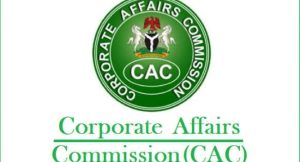Customs agents under the aegis of the National Council of Managing Directors of Licensed Customs Agents, NCMDLCA, have petitioned President Muhammadu Buhari over the new Customs bill before the National Assembly for consideration, noting that the bill did not only conflict with other government agencies but will affect the nation’s international trade.
NCMDLCA, in the petition signed by its National President, Lucky Amiwero, noted that the bill, if allowed to sail through, will also seek for the creation of a Ministry of Customs, whose minister must be a retired Customs officer.
The Council also observed that should the bill pass through legislation, it will empower the Service to take over the function of other sister government agencies.
According to the petition, “The Nigeria Customs Service bill is designed and personalised for the management of the Nigeria Customs Service based on the removal of some power of the President and total removal of the Ministers and the overriding powers of other federal government agencies.
“Globally, the title of the Act is structured by the content based on the application of international convention, treaties, protocol on Trade procedures, which is mostly titled as follows: Customs Act, Trade Act, Customs and Excise Act, Customs Management Act, and Customs and Excise management Act.
“In the draft bill, Nigeria Customs Service was unduly allocated with uncontrollable powers over the President and Commander-In-Chief of the Armed forces, the Ministers and other government agencies on policy making, regulation of the economy on trade and Fiscal policies and other matters, which negate the principle of global best practice on administration, control and management of Trade/Customs Act.”
The NCMDLCA therefore observed that the “Policy initiation and regulation of the economy by the instruments of trade are the preserve of the executive arm of the federal government as contained in the provision of section 148 of the constitution, which only allow the President, Vice and the Ministers on Foreign and Domestic policy directions.”












